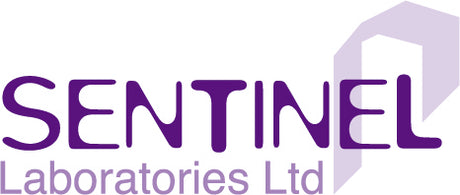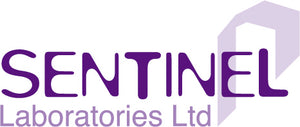How The New EN374 for Dangerous Chemicals and Micro-Organisms Affects You
With all the talk surrounding the changes to the EN374 regarding dangerous chemicals and micro-organisms, you’re likely wondering how this will affect you. The new safety standards set forth in the EN374 pertain to, but are not limited to, new testing methods, innovative marks, and additional requirements in an effort to increase protection within the workplace.
You Must Meet Standards In more Countries
The old EN requirements were created by the European Committee, thus it was only applicable in Europe and in a select few affiliate countries like Australia. The old ISO requirements were created by Standards Organizations and it was only accepted if it complied with the local regulations in European areas.
The new requirements have combined the EN and ISO, making it applicable in all of Europe, as well as any countries that accept ISO. Previously, only a select few of affiliate countries had to follow these requirements. As such, it’s imperative to do research to determine whether you’re in an area where the new standards are now mandatory. If so, you will be required to comply with new safety standards.
Additional Testing is Required
One of the major changes to the EN374 is the increased testing required for  various components, such as permeation, degradation, and protection against bacteria and fungi. These new requirements will change the way you test your safety products. We have provided a detailed article on this topic specifically but here’s a quick breakdown:
various components, such as permeation, degradation, and protection against bacteria and fungi. These new requirements will change the way you test your safety products. We have provided a detailed article on this topic specifically but here’s a quick breakdown:
Permeation Testing
All permeation testing now includes six additional categories from M through T, as well as 12 new chemicals. The way the testing is done has also changed, as any cuffs on safety gloves that are greater or equal to 400mm must be tested.
Degradation Testing
Degradation tests are entirely new to the EN374. These tests, Puncture Degradation Resistance Test and the Weight Change Test, were implemented to ensure optimal production against chemicals that come into contact with safety gloves.
These new tests affect you, as they are not optional – you must complete these degradation tests and record the results as a percentage of any changes that occurred after exposure. This must be recorded in the ‘Instruction for Use’.
Micro-Organisms Testing
The new EN ISO 374 requires a new method for testing for micro-organisms to ensure optimal protection against fungi and bacteria. Additionally, there is “Method B” which has been added to the new standards that are supported with a new pictogram.
Restrictions on Work Gloves Claiming Protection Against Chemical Risk
Anytime you make a claim, there are many requirements to follow. The changes to the EN374 require that any work gloves claiming protection against chemical risk must include:
- Type C, B or A performance with the permeation test method
- Glove leakage proof must use the En374-2:2014 method
- Chemicals tested against in the degradation performance test must be available
- Chemicals tested against in the degradation performance test must be supplied by the manufacturer
New Markings on Protective Gloves
Once your workplace safety gloves have passed all the new requirements, the marking must be updated to meet the new EN ISO standards. Previously, there were only two markings – EN 374:2003 (AKL) and EN 374:2003.
Today, the markings are broken down into three types:
- Type A: Permeation resistance on protective glove of at least 30 minutes each for at least 6 tested chemicals
- Type B: Permeation resistance on protective glove of at least 30 minutes each for at least 3 tested chemicals
- Type C: Permeation resistance on protective glove of at least 10 minutes each for at least 1 tested chemicals
Experts agree that the new classifications aren’t likely to generate changes between product categories that are already on the market. For new products, it’s imperative to ensure they have markings specific to the new standards.
Optimal workplace safety is imperative and the new EN ISO 374 increases the standards to improve protection for workers and businesses dealing with chemicals. Please do not hesitate to contact us for Technical Advice from your independent distributor.





Leave a comment